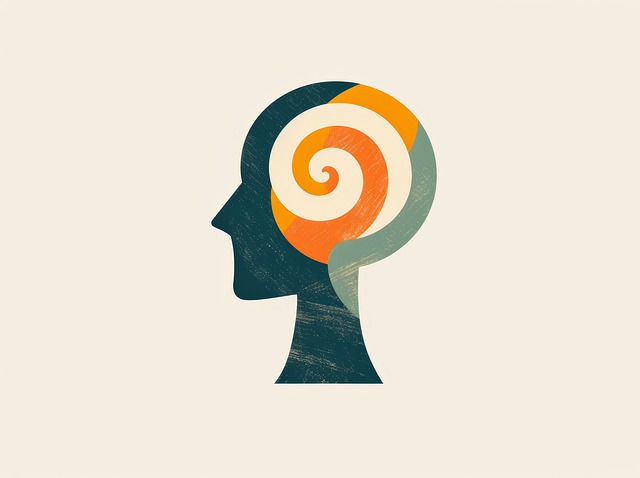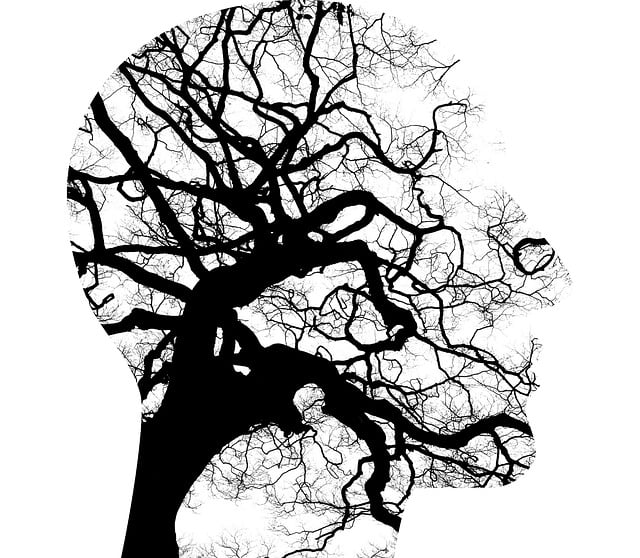Lakewood Domestic Violence Therapy emphasizes self-care as a cornerstone of holistic healing, helping individuals manage stress and crises through personalized strategies. By recognizing personal needs, practicing mindfulness, and incorporating activities like exercise and hobbies, clients gain resilience and emotional balance. Their tailored approach addresses barriers to self-care, offering techniques for time management, cultural sensitivity, and sustainable well-being, ultimately fostering a supportive community that prioritizes mental health.
Self-care is not a luxury but a necessity for overall well-being. In this article, we explore the fundamental role it plays in our lives through ‘Understanding Self-Care: The Foundation for Well-being’. We delve into recognizing personal needs with ‘Recognizing Personal Needs: A Journey Inward’ and provide practical strategies for incorporating effective routines. Overcoming barriers is addressed in ‘Overcoming Barriers: Challenges on the Path to Self-Improvement’, offering guidance from Lakewood Domestic Violence Therapy. Discover how cultivating healthy self-care habits can transform lives, emphasizing the importance of taking care of ourselves.
- Understanding Self-Care: The Foundation for Well-being
- Recognizing Personal Needs: A Journey Inward
- Strategies for Incorporating Effective Self-Care Routines
- Overcoming Barriers: Challenges on the Path to Self-Improvement
- Lakewood Domestic Violence Therapy: Supporting Individuals in Cultivating Healthy Self-Care Habits
Understanding Self-Care: The Foundation for Well-being

Self-care is a fundamental aspect of maintaining and improving overall well-being, serving as the cornerstone for Lakewood Domestic Violence Therapy’s approach to holistic healing. It involves recognizing and catering to one’s physical, mental, and emotional needs, creating a sense of balance and resilience in daily life. Understanding self-care is crucial in managing stress and fostering healthy relationships, especially in navigating challenging situations like domestic violence.
By prioritizing self-care, individuals can develop effective coping mechanisms, enhance their ability to handle crises with the help of crisis intervention guidance, and cultivate cultural sensitivity in mental healthcare practice. It’s not just about indulging in luxuries but creating space for activities that rejuvenate and restore energy, such as engaging in regular physical activity, practicing mindfulness, or pursuing hobbies. Incorporating stress management techniques into daily routines becomes a powerful tool, ensuring individuals can maintain their mental fortitude even amidst life’s storms.
Recognizing Personal Needs: A Journey Inward

Recognizing Personal Needs is a profound journey inward, an essential step in Lakewood Domestic Violence Therapy’s holistic approach to healing. It involves delving into one’s emotions, thoughts, and physical sensations to understand what nourishes and rejuvenates the soul. This introspective process often reveals underlying needs that have gone unmet, which can be a result of past experiences, including trauma supported services. By acknowledging these needs, individuals can begin to prioritize their well-being, fostering a sense of self-worth and empowerment.
Mindfulness meditation plays a pivotal role in this journey, helping to calm the mind and tune into subtle cues from the body. Through regular practice, one learns to identify signs of mental illness stigma reduction efforts and respond to them with compassion. This awareness allows for proactive self-care, ensuring that individuals address their emotional and physical requirements before they become overwhelming. Ultimately, recognizing personal needs is a powerful tool for personal growth and resilience.
Strategies for Incorporating Effective Self-Care Routines

Incorporating effective self-care routines into your life can be transformative, especially when guided by professional support like that offered at Lakewood Domestic Violence Therapy. A robust self-care strategy is not one-size-fits-all; it’s about tailoring practices to your unique needs and lifestyle. Start with identifying areas of stress or burnout and prioritize activities that rejuvenate your mind, body, and spirit. For instance, if you’re struggling with emotional regulation, incorporate mindfulness exercises like meditation or deep breathing into your daily routine. Regular physical activity, adequate sleep, and a balanced diet are foundational elements that support both physical and mental well-being.
Self-care routine development for better mental health involves setting realistic goals and making time for activities that bring you joy and calm. This could include creative pursuits, spending time in nature, or connecting with loved ones. For mental health professionals, risk management planning is crucial to prevent burnout and maintain ethical practice. Incorporate stress-reducing techniques like journaling, yoga, or hobbies into your schedule alongside setting boundaries and seeking support when needed. At Lakewood Domestic Violence Therapy, we believe that combining self-care routine development with professional guidance can lead to lasting improvements in emotional regulation and overall mental health.
Overcoming Barriers: Challenges on the Path to Self-Improvement

Self-care practices are essential for overall health and well-being, but many individuals face barriers that hinder their journey towards personal growth and improvement. Overcoming these challenges is crucial in navigating the path to a healthier, happier life. Common obstacles include time constraints, where busy schedules often leave little room for self-reflection or leisure activities. Additionally, societal expectations and pressures can create a sense of guilt or hesitation when prioritizing one’s needs.
At Lakewood Domestic Violence Therapy, we understand that these barriers are unique to each person. Anxiety Relief techniques, such as mindfulness meditation, can help manage stress and free up time for personal interests. Moreover, Healthcare Provider Cultural Competency Training plays a vital role in addressing diverse challenges, ensuring individuals receive support tailored to their cultural backgrounds. Emotional Well-being Promotion Techniques, when incorporated into daily routines, can foster resilience and make self-care an accessible and sustainable practice for all.
Lakewood Domestic Violence Therapy: Supporting Individuals in Cultivating Healthy Self-Care Habits

Lakewood Domestic Violence Therapy is a leading provider of support services aimed at empowering individuals to cultivate healthy self-care habits. Through tailored therapy sessions and comprehensive mental health education programs, they guide clients in navigating complex emotional landscapes and developing strategies for inner strength. These programs design are meticulously crafted to address the unique needs of each individual, fostering resilience and promoting well-being.
In addition to private counseling, Lakewood Domestic Violence Therapy incorporates public awareness campaigns development to educate communities about the importance of self-care and mental health. By raising awareness and providing accessible resources, they aim to create a supportive environment where everyone can prioritize their emotional health. This holistic approach, combining personalized therapy with community outreach, underscores their commitment to helping individuals thrive through the cultivation of healthy self-care habits.
Self-care is a powerful tool for enhancing well-being and resilience. By recognizing personal needs, adopting effective strategies, and overcoming barriers, individuals can create lasting positive change. Lakewood Domestic Violence Therapy plays a vital role in supporting those navigating challenging circumstances, providing guidance and resources to cultivate healthy self-care habits that foster overall growth and recovery. Through understanding the foundation of self-care, embracing personal journeys inward, and utilizing practical strategies, people can embark on a transformative path towards improved well-being.














